Israel is considering a tough response for attacks from Lebanon
The breath of a new big war in the Middle East is getting hotter: one Israeli citizen was killed as a result of rockets fired from Lebanon. There is little doubt that the Jewish state will take revenge. The only question is on what scale the retribution will be carried out.
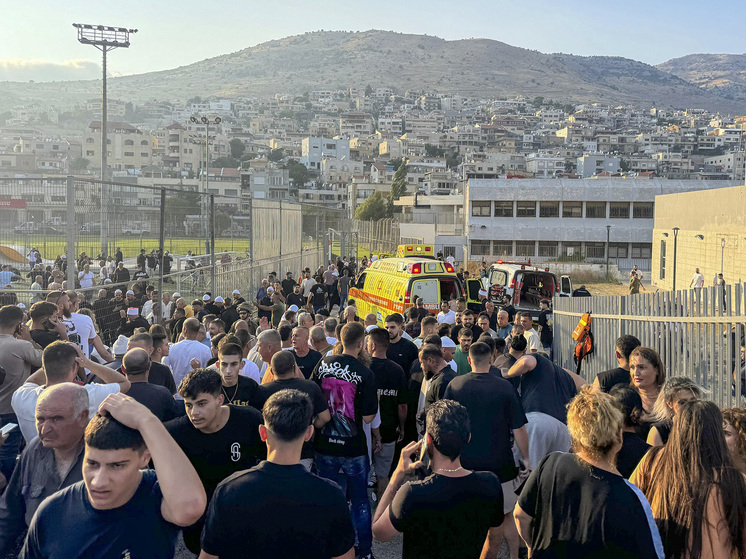
Two rocket attacks from Lebanon have killed one Israeli civilian and wounded another at a kibbutz, likely to increase political pressure within Israel to deal a decisive blow to Hezbollah and complicate US efforts to de-escalate regional tensions, The Guardian reports.
America is leading a global diplomatic effort to deter Israel from striking Beirut or Lebanese infrastructure in retaliation for a rocket attack on the Israeli-occupied Golan Heights over the weekend that killed 12 children playing football.
Israeli Prime Minister Benjamin Netanyahu has vowed a «tough» response. Airstrikes on targets in Lebanon on Sunday and Monday that killed one Hezbollah fighter are seen as a test of strength while the Israeli government and military weigh their options.
U.S. Defense Secretary Lloyd Austin said Tuesday he does not believe a full-scale war is “inevitable.” U.S. diplomats have urged restraint on both sides, sending messages to Hezbollah through intermediaries including Lebanon’s foreign minister.
“While we are seeing a lot of activity on Israel’s northern border, we remain concerned about the potential for this to escalate into a full-scale war. And I do not believe that war is inevitable,” Pentagon chief Austin said.
“We would like to see this resolved diplomatically,” the US defence chief added during a joint press conference in Manila following security talks between him, US Secretary of State Antony Blinken and their Philippine counterparts.
A number of Western countries, including Britain, Germany, France and America, have urged citizens to leave Lebanon or avoid travelling there as tensions rise in the region.
British Foreign Secretary David Lammy said on Tuesday that events were moving “rapidly” and that British citizens had been advised to “leave Lebanon and not visit the country.”
Many airlines have already cancelled flights to Beirut. Greece's Aegean Airlines and Germany's Condor were the latest to suspend flights, joining others including Royal Jordanian, Air France and Lufthansa, The Guardian reports.
Druze residents of Majdal Shams, the town hit by the rocket, said they did not want Lebanon to be attacked in retaliation for their own tragedy. Many protested against Netanyahu when he visited the town on Monday. “We reject the shedding of even a single drop of blood under the pretext of avenging our children,” Druze residents and religious leaders said in a statement after Netanyahu’s visit, noting that their faith forbids killing and revenge.
That is not a common view in Israel, where there is intense political pressure to strike back, The Guardian notes. Education Minister Yoav Kisch of Netanyahu's Likud party called for a decisive response «even if it means starting an all-out war.» Far-right Finance Minister Bezalel Smotrich said «all of Lebanon must pay a price» for the attack.
Tuesday's rocket attacks, which killed a 30-year-old man in the yard of his home on Kibbutz Hagoshrim, will only increase that pressure, The Guardian notes.
Hezbollah and Israel have been exchanging fire across the Lebanese border since October last year, with daily skirmishes gradually intensifying. Tens of thousands of people have been forced to flee their homes on both sides of the border.
The US says both sides have made it clear they want to avoid a full-scale war. But the scale of the attacks and the high stakes on both sides mean there is a high risk of a full-scale conflict escalating through miscalculation, overreach or accident, The Guardian says.
Israel and the US say Hezbollah was responsible for the Majdal Shams attack, saying the remains of an Iranian missile were found at the site. The militant group denies responsibility.
Lebanese officials say they are prepared for a serious Israeli response, but hope it will be restrained enough to give Hezbollah a chance to avoid further escalation.
Iran's new President Masoud Pezeshkian, whose country backs Hezbollah and Hamas, has warned Israel against attacking Lebanon, which he says would be «a big mistake with grave consequences.»
Even if recent tensions are resolved without further escalation, Hezbollah says ending its campaign depends on an end to the fighting in Gaza, so the threat of war will remain, said Danny Cytrynovich, an analyst at Israel's Institute for National Security Studies. “Without a ceasefire in Gaza, it is only a matter of time before we reach a new conflict in northern Israel,” he wrote in a post on Platform X. “Only if Hamas and Israel reach a ceasefire agreement can a war between Israel and Hezbollah be prevented.”









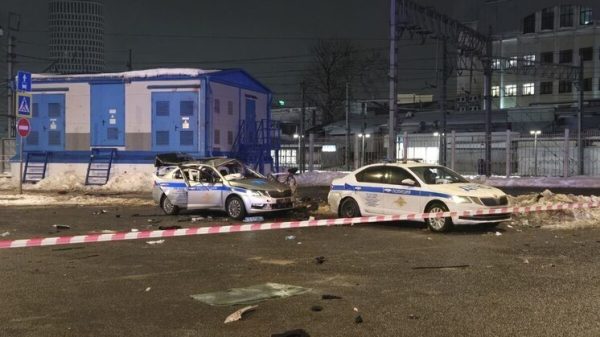

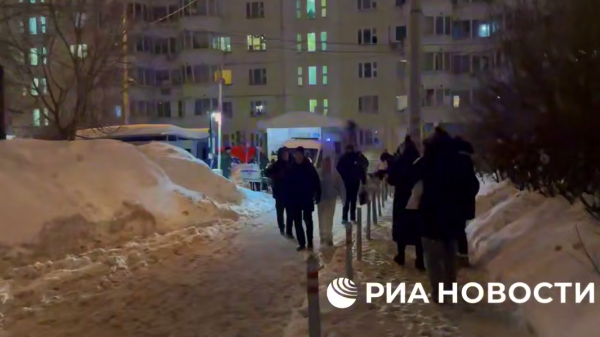



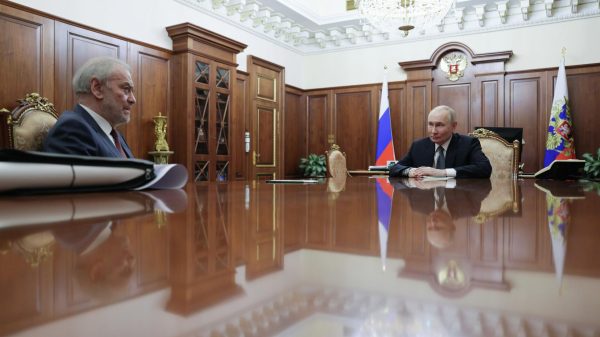





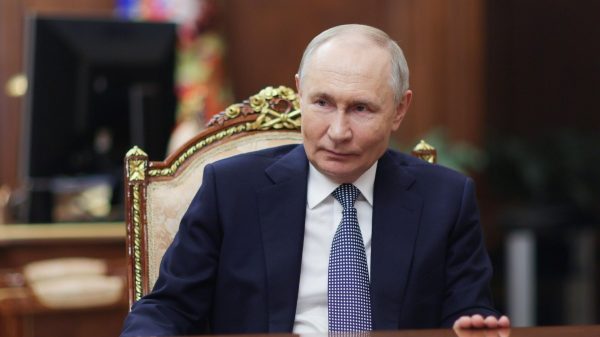
































Свежие комментарии